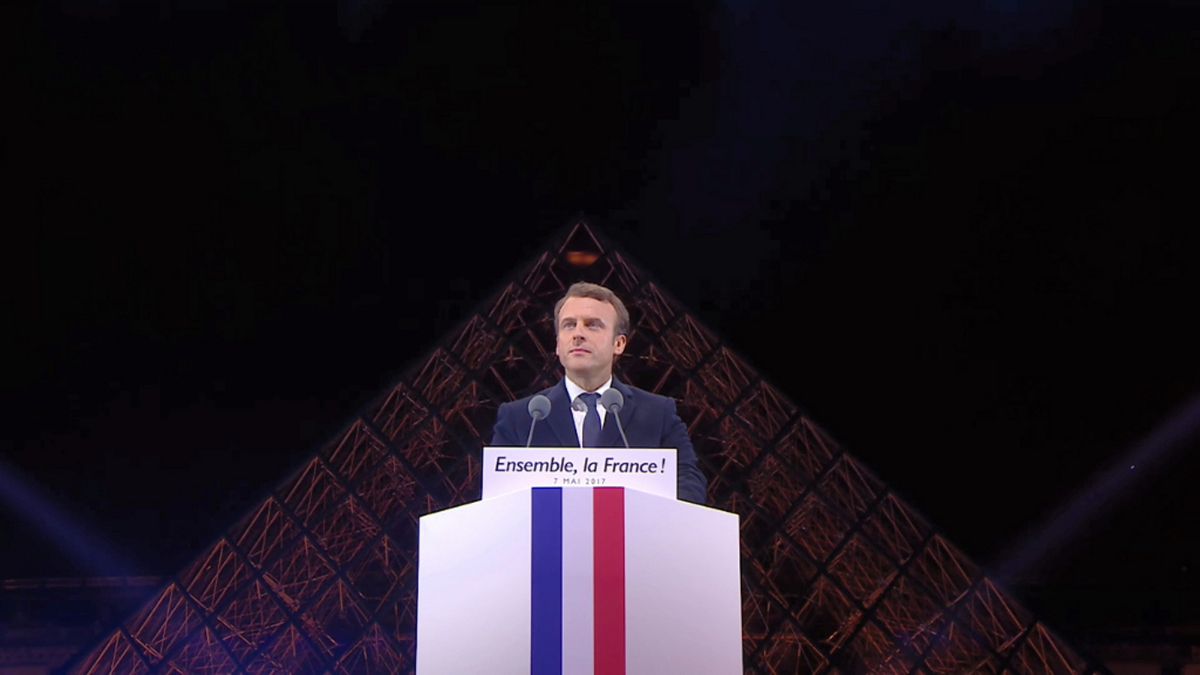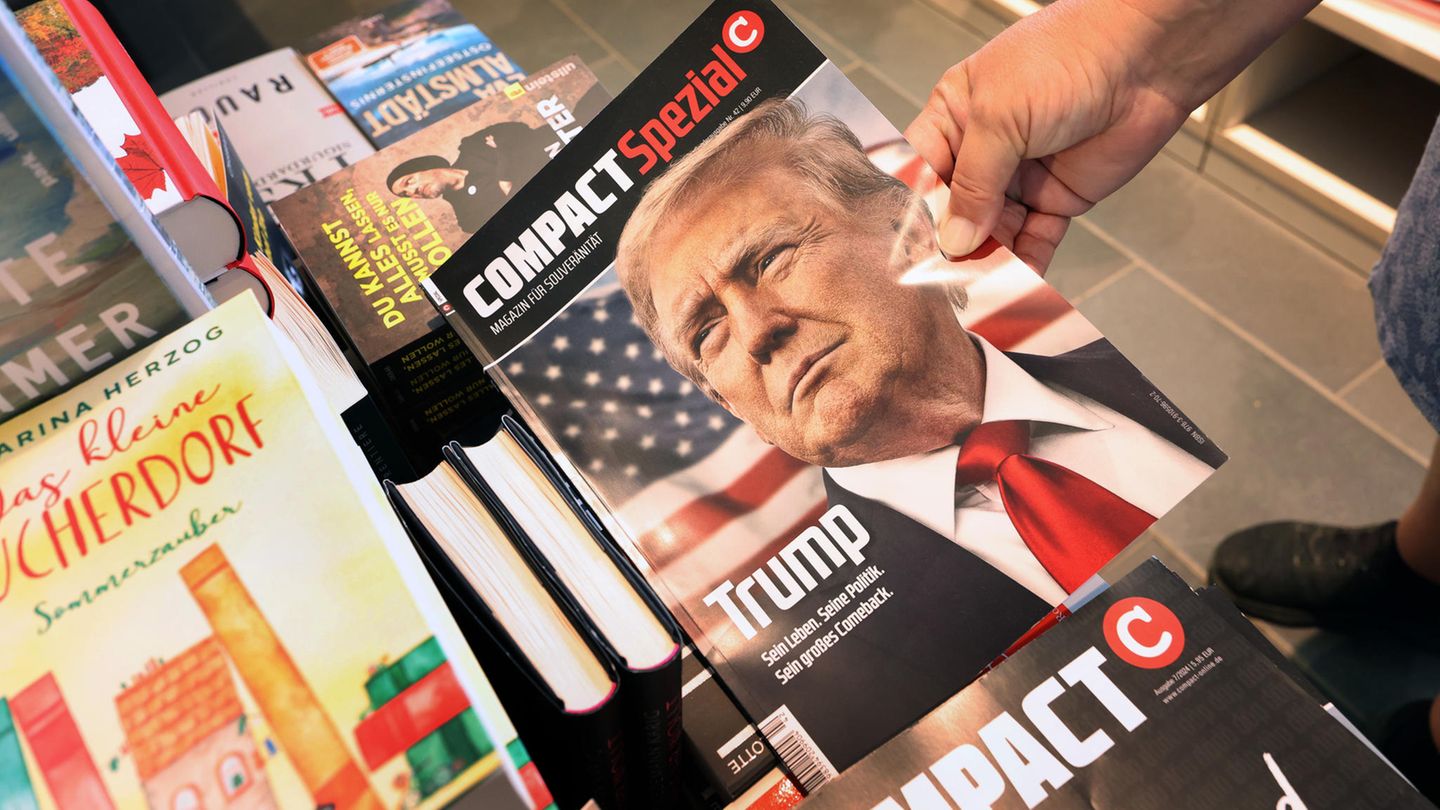I have been working in the news industry for over 6 years, first as a reporter and now as an editor. I have covered politics extensively, and my work has appeared in major newspapers and online news outlets around the world. In addition to my writing, I also contribute regularly to 24 Hours World.
Menu
Ban on “Compact” magazine affects press freedom
Categories
Most Read
After a bombardment on a boat: Colombia accuses the USA of murdering a fisherman in its own sea area
October 19, 2025
No Comments
CDU meeting: AfD debate divides the Union – Merz relies on demarcation
October 19, 2025
No Comments
Ukraine War: Zelensky: Russia cannot be stopped with talks
October 19, 2025
No Comments
“No Kings” protests against Donald Trump: The demos were so colorful
October 19, 2025
No Comments
CDU closed meeting: CDU struggles to differentiate itself from the AfD
October 19, 2025
No Comments
Latest Posts

San Martín de San Juan defeated Independiente and dreams of permanence
October 19, 2025
No Comments
In a duel full of tension for permanence, San Martin de San Juan won at home by 1-0 to Independiente, on the 13th of Closing

Adverse start for the Under 20 National Team that loses 1-0 to Morocco in the World Cup final
October 19, 2025
No Comments
October 19, 2025 – 20:14 The team led by Diego Placente has just beaten Colombia 2-0 in the semifinal and will seek its seventh title

Emmanuel Macron described the robbery at the Louvre as an attack against French heritage
October 19, 2025
No Comments
October 19, 2025 – 19:51 The museum confirmed the theft of pieces from its permanent collection and remains under strict custody while the investigation continues.
24 Hours Worlds is a comprehensive source of instant world current affairs, offering up-to-the-minute coverage of breaking news and events from around the globe. With a team of experienced journalists and experts on hand 24/7.

